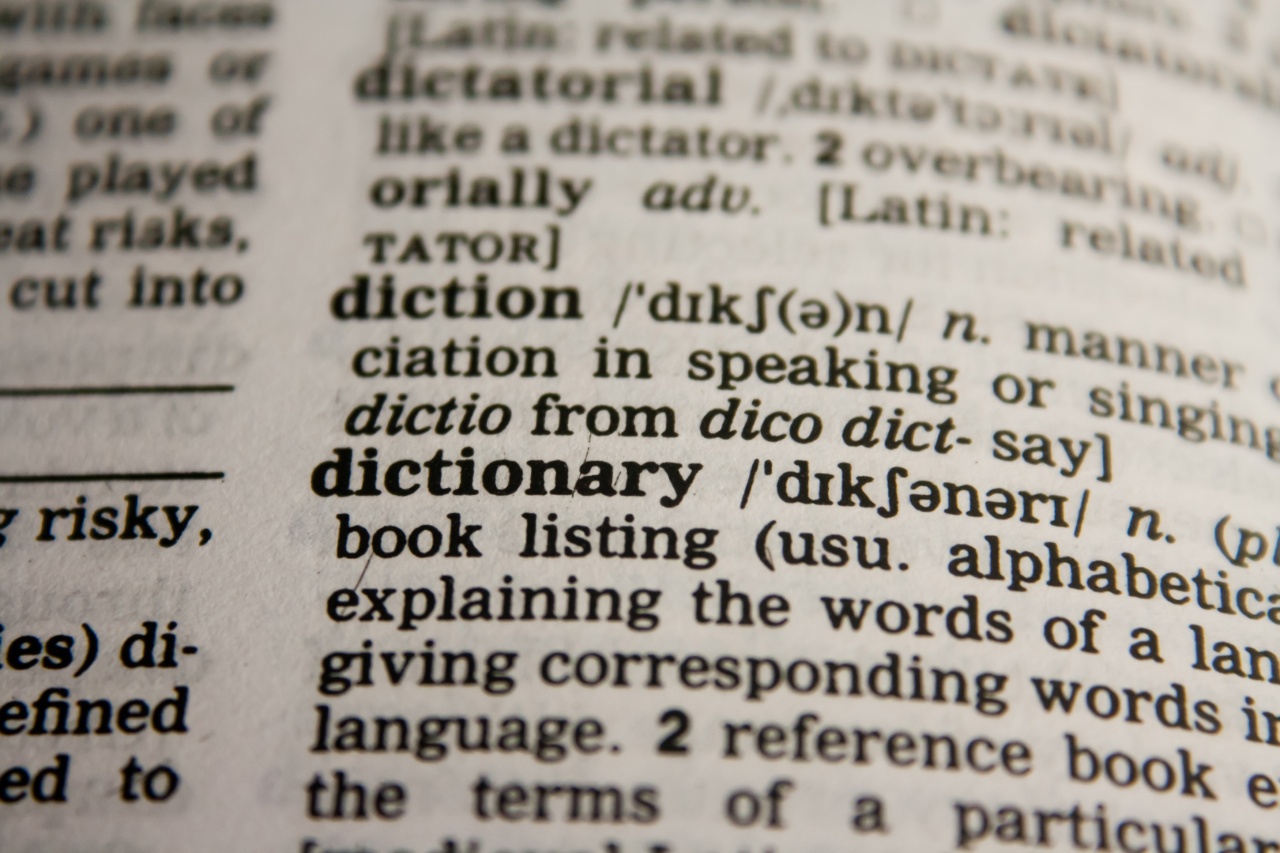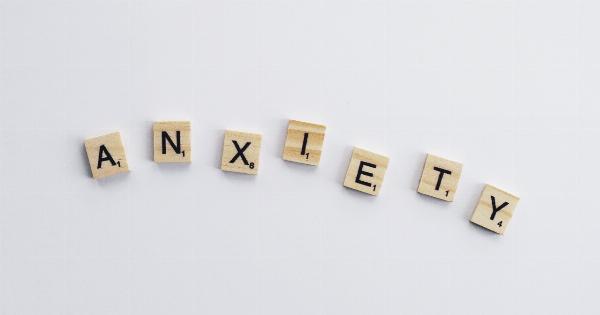Dyslexia is a learning disorder that affects a person's ability to read, write, and spell. It is characterized by difficulties with phonological processing, rapid naming, working memory, and language skills.
However, despite these challenges, dyslexic individuals have shown a remarkable affinity for English literature. In fact, many renowned authors and poets throughout history have been dyslexic, proving that dyslexia does not limit one's ability to appreciate and excel in the beauty of language and storytelling.
The Unique Perspective of Dyslexic Writers
Dyslexic writers perceive the world in a unique way, which often translates into their writing. Their struggle with words and language fuels a creative fire within them, leading to innovative and unconventional writing styles.
Dyslexia forces them to think outside the box and find alternative ways to convey their thoughts and emotions on paper.
Many dyslexic writers have a natural talent for storytelling. They excel at creating vivid scenes, memorable characters, and compelling narratives.
Their imagination knows no bounds as they paint worlds with words, allowing readers to escape reality and immerse themselves in the power of the written word.
Overcoming Challenges and Developing a Love for Reading
Reading can be a daunting task for many dyslexic individuals. The jumble of letters and words on a page often feels like an insurmountable obstacle.
However, with perseverance and the right support, dyslexic individuals can develop a love for reading and appreciate the depth and beauty of English literature.
Tools such as audiobooks, dyslexia-friendly fonts, and assistive technologies have proven to be beneficial for dyslexic readers.
Audiobooks provide an alternative way of consuming literature, allowing individuals to enjoy stories without the added difficulty of decoding written texts. Dyslexia-friendly fonts, such as Dyslexie and OpenDyslexic, use subtle adjustments to make reading more accessible for dyslexic individuals by enhancing letter spacing and weight distribution.
In addition, assistive technologies like text-to-speech software and voice recognition software have revolutionized the reading and writing experience for dyslexic individuals.
These tools enable users to listen to texts and dictate their thoughts, making the learning process more enjoyable and empowering.
The Strength of Dyslexic Authors and Poets
Dyslexia should never be viewed as a limitation. In fact, many dyslexic individuals have become influential authors and poets who have left an indelible mark on English literature.
One such example is Agatha Christie, the Queen of Crime. Despite struggling with reading and writing throughout her life, Christie went on to become one of the best-selling authors of all time.
Her attention to detail, intricate plots, and memorable characters captivated readers worldwide.
Another renowned dyslexic author is F.
Scott Fitzgerald, best known for his classic novel “The Great Gatsby.” Fitzgerald struggled with spelling and grammar, yet his lyrical writing style and poignant exploration of the American Dream continue to resonate with readers today.
Poets like W.B. Yeats and William Butler Yeats also battled dyslexia. Yeats, a Nobel Prize-winning poet, overcame his difficulties with reading and went on to create some of the most celebrated poetry in the English language.
His evocative verses and deep understanding of human emotions have cemented his place in literary history.
Virginia Woolf, another brilliant dyslexic writer, challenged literary conventions with her stream-of-consciousness writing style. Her novels, including “To the Lighthouse” and “Mrs.
Dalloway,” explore themes of identity, gender, and the complexities of human relationships.
Dyslexia as a Gateway to Creative Expression
For dyslexic individuals, writing becomes a powerful form of self-expression. They use words as a medium to articulate their thoughts, emotions, and unique perspectives on the world.
Writing allows them to communicate in ways that speaking alone may not fully capture.
Dyslexic writers often possess a heightened sensitivity to language. They are acutely aware of the rhythm, sound, and imagery of words, which translates into their writing.
This profound connection with language allows them to deliver powerful narratives, striking metaphors, and captivating prose that resonate with readers on a deeper level.
Redefining Success and Inspiring Others
Dyslexic individuals face numerous challenges in their academic journey. However, their struggles should not define their worth or potential. Dyslexia can be a catalyst for unlocking hidden talents and strengths.
By showcasing the accomplishments of dyslexic authors and poets, we redefine the narrative around dyslexia.
We inspire dyslexic individuals to embrace their unique abilities, and we encourage society to recognize the diverse ways in which intelligence and creativity manifest.
The beauty of English literature knows no boundaries, and dyslexia should not be a barrier to its appreciation or creation.
The stories, poems, and plays that have shaped our cultural heritage were penned by individuals who dared to see beyond their dyslexia, creating timeless works of art that continue to enrich our lives.






























